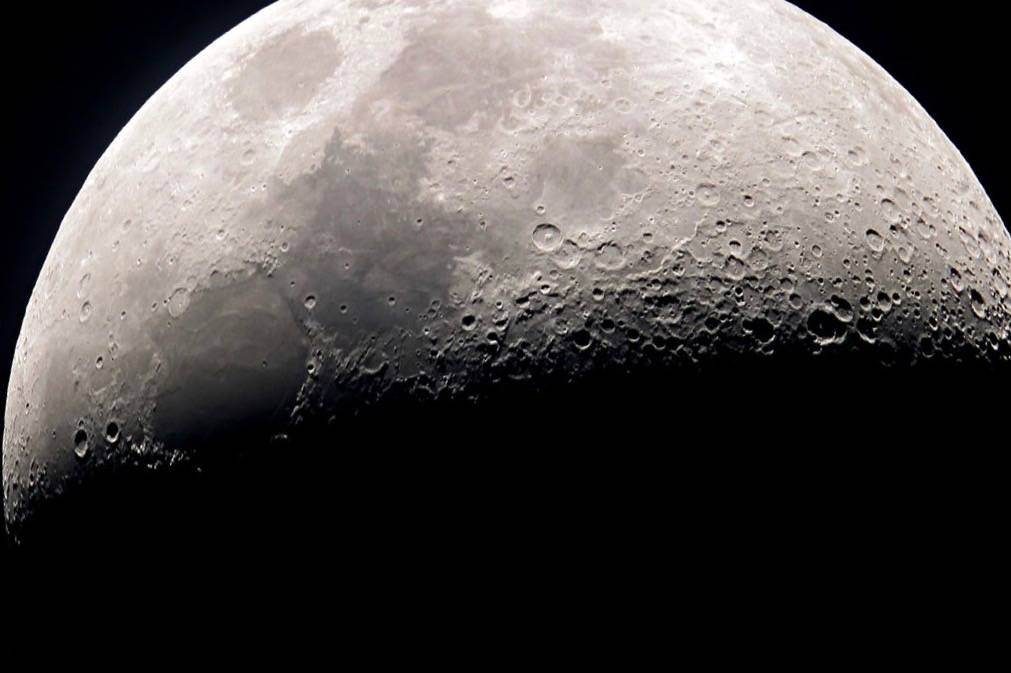With all of the attention on the 50th anniversary of the lunar landing, many are looking ahead to the next half-century of space exploration. Of particular interest is returning to the moon, which may come as early as 2024.
For example, Boeing is working on the replacement for the Saturn V rocket, which lifted the Apollo space capsules into orbit. The centerpiece of NASA’s Space Launch System (SLS) is the heavy-lift rocket being built to safely carry people and cargo back to the moon and hopefully, on to Mars.
One of the leading proponents of returning to the moon is American astronaut Harrison Schmitt, who along with the late Gene Cernan, were the last two humans to walk on the moon. That was December 1972.
Schmitt, 83, was unlike other astronauts. He was a civilian geologist who was selected for Apollo 17 to assess geological formations, gather mineral samples to bring back to Earth, and explore additional sites for future Apollo missions. Transporting Schmitt and the astronauts around the moon on the last three Apollo missions were battery-operated moon buggies built by Boeing in its Kent plant.
In subsequent analysis, scientists learned about an array of strategically important minerals on the moon. They also found polar ice which is critical to sustaining human life.
When Schmitt spoke to business leaders in Washington in 2009, it was a time when interest was peaking in the need for rare metals, which are essential for today’s smartphone and computer technology. His point was that our nation should look to the moon as a new source for these rare minerals – the bulk of which are now stockpiled by China, which plans to put people on the moon by 2035.
“Schmitt has always been a huge supporter of regular lunar missions, believing that the moon holds crucial resources, which could help support the burgeoning population on Earth,” London Telegraph’s Sarah Knapton wrote on July 21.
By the time of his mission the writing was already on the wall for the Apollo program. Apollo 18, 19 and 20 had been scrapped as public interest waned and Congress grew anxious about the cost and jittery about safety following Apollo 13.
Schmitt took his case to Congress in 1976 and was elected to the U.S. Senate from New Mexico. However, by that time, U.S. had moved on to the international space station and the Space Shuttle. The lunar program was viewed as “mission accomplished.”
Today’s space race not only has China and India competition, but private sector investors as well. For example, American Elon Musk’s SpaceX rockets are launching satellites and safely returning rockets back to Earth; however, our outer atmosphere is becoming overcrowded. That makes the moon even more strategically important.
“Space is already crowded – over 2,000 satellites in orbit and NASA tracks over 5,000 individual pieces of debris hurtling at velocities of over 27,000km (16,800 mph) an hour,” The Economist editorialized in its recent issue.
“America’s unparalleled ability to project force on Earth depends its extensive array of satellites,” the Economist continued. Other nations, knowing this have built anti-satellite weapons capable of blinding our satellites with lasers or blowing them up. The moon may become the new platform for our nation’s defense.
As far reaching as it may seem, Schmitt believes “The moon may also provide a much-needed lifeboat should a global catastrophe, such as an asteroid strike, ever threaten life on Earth.”
“Humanity has always moved outwards over the last two or three million years to find resources and really to better their existence, and I think space is a part of that,” Schmitt told The Telegraph.
Don C. Brunell is a business analyst, writer and columnist. He recently retired as president of the Association of Washington Business, the state’s oldest and largest business organization, and now lives in Vancouver. He can be contacted at theBrunells@msn.com.
Talk to us
Please share your story tips by emailing editor@kentreporter.com.
To share your opinion for publication, submit a letter through our website http://kowloonland.com.hk/?big=submit-letter/. Include your name, address and daytime phone number. (We’ll only publish your name and hometown.) Please keep letters to 300 words or less.

